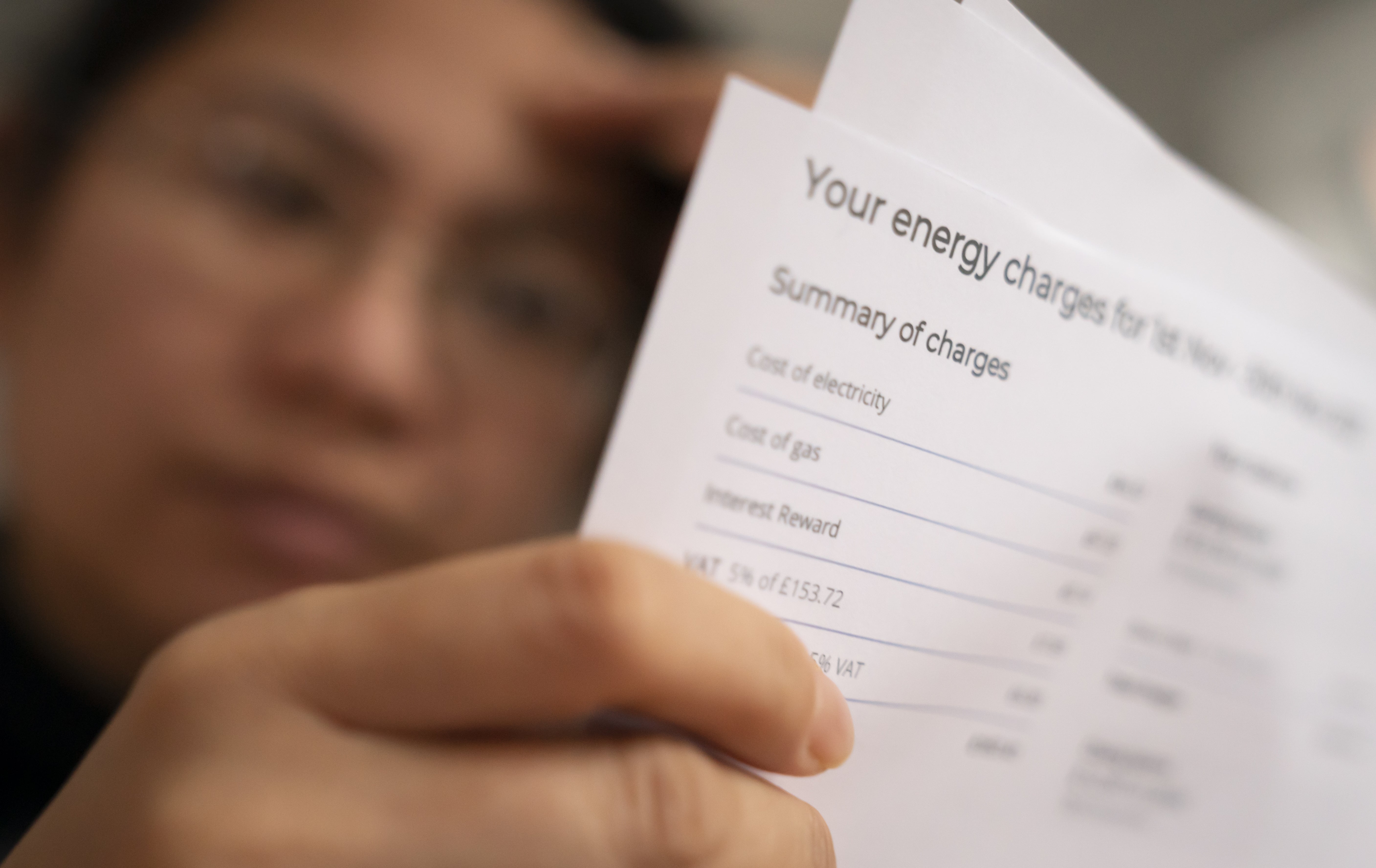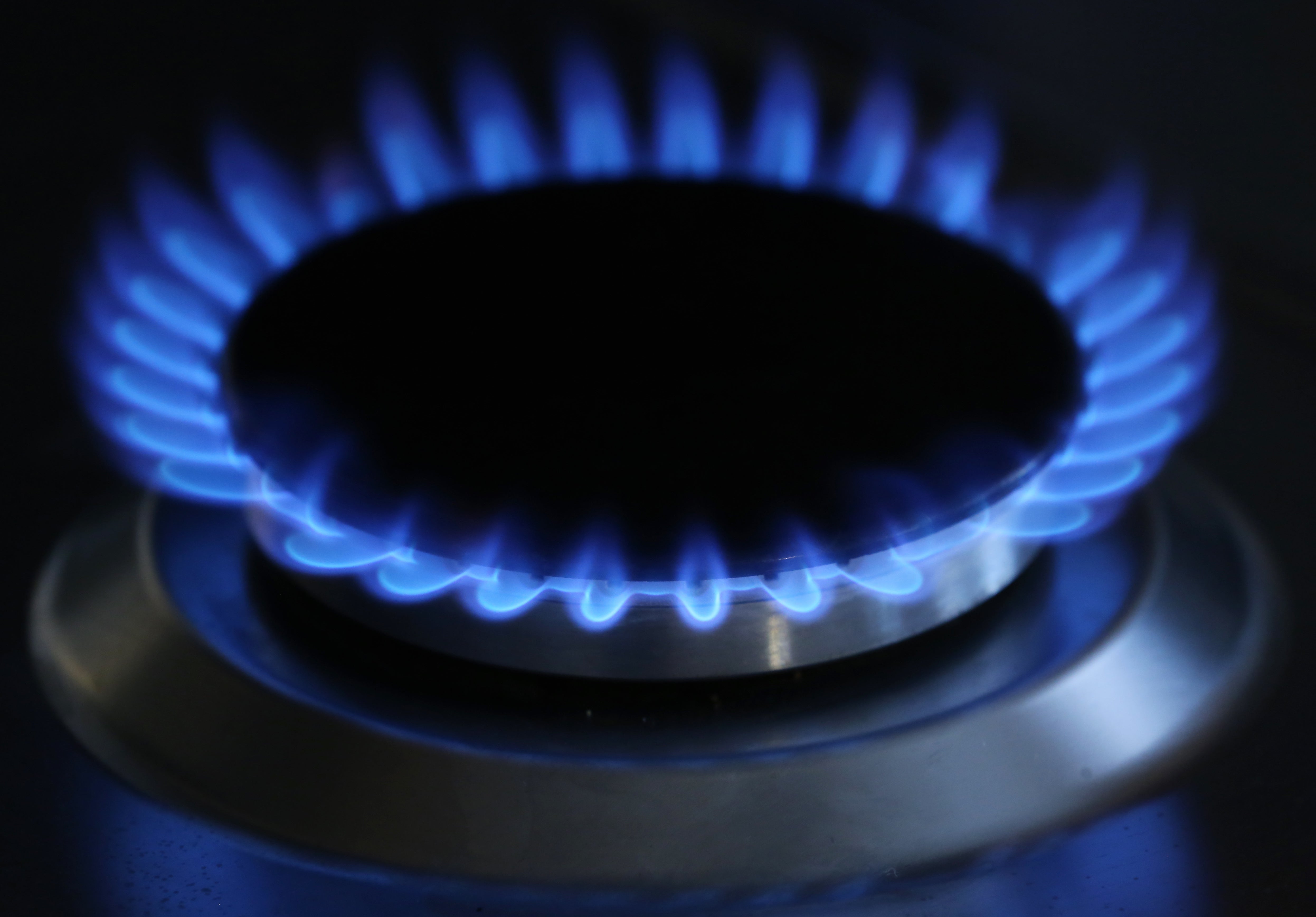Millions of households told to take action by end of the day before energy price hike
Millions of pensioners are also facing a winter with less support

Your support helps us to tell the story
From reproductive rights to climate change to Big Tech, The Independent is on the ground when the story is developing. Whether it's investigating the financials of Elon Musk's pro-Trump PAC or producing our latest documentary, 'The A Word', which shines a light on the American women fighting for reproductive rights, we know how important it is to parse out the facts from the messaging.
At such a critical moment in US history, we need reporters on the ground. Your donation allows us to keep sending journalists to speak to both sides of the story.
The Independent is trusted by Americans across the entire political spectrum. And unlike many other quality news outlets, we choose not to lock Americans out of our reporting and analysis with paywalls. We believe quality journalism should be available to everyone, paid for by those who can afford it.
Your support makes all the difference.Millions of households have been warned over paying more for their energy bills than they need to.
People have been warned they risk overpaying for their energy if they do not send meter readings to their supplier before a 10% price rise takes effect on October 1.
The average household energy bill is to increase by £149 a year from Tuesday as Ofgem increases its price cap just as homes move into the winter months.
The regulator has raised the cap from the current £1,568 for a typical dual fuel household in England, Scotland and Wales to £1,717, or around £12 a month more on an average bills.
The latest cap will be just 6% or £117 lower than it was compared to the same period last year.
Those households on a standard variable tariff (SVT) – as opposed to a fixed deal – and who do not have a smart meter should submit their electricity and gas readings to their supplier as close as possible to October 1 to ensure any energy they use before this date is not inaccurately billed at the higher prices.
Suppliers who have not received meter readings base their bills on estimated usage, meaning households could be overpaying, while others may not be paying enough.
Money Saving Expert founder Martin Lewis took to social media to sound the alarm.
The price cap sets a maximum price that energy suppliers can charge consumers for each kilowatt hour (kWh) of energy they use.
It does not limit total bills because householders still pay for the amount of energy they consume.
From October 1, households on a standard variable tariff that pay for their electricity by direct debit will pay on average 24.5p per unit, with a standing charge of 60.99p per day.
For gas, the average will be 6.24p per unit with a standing charge of 31.66p per day.
Ofgem said rising prices in the international energy market, due to heightened political tensions and extreme weather events, were the main driver behind the decision.

Millions of pensioners are also facing a winter with less support after the new Government decided to scrap winter fuel payments for those who do not receive pension credits or other benefits.
About 10 million pensioners will miss out on the payments of up to £300 this year.
October’s price cap will be significantly lower than during the peak of the energy crisis, which was fuelled by Russia’s invasion of Ukraine in February 2022, driving up costs in an already-turbulent market.
However, experts think there is likely to be a further increase in January, with more rises possible early in the new year due to escalating tensions in the Russia-Ukraine war.
Ofgem chief executive Jonathan Brearley has urged consumers to “shop around” and consider a fixed-rate tariff that could save money, adding that the regulator was working with Government, suppliers, charities and consumer groups to do “everything we can” to support customers.
Citizens Advice has said it was particularly concerned about households with children and young people and those on lower incomes, who were most likely to struggle with their heating costs.
Comparison site Uswitch.com calculated that the average household on an SVT is expected to spend £135 on energy in October compared with £55 in September due to a combination of higher rates and increased usage at the start of autumn.
Uswitch energy spokesman Ben Gallizzi said: “With energy prices rising next week, it’s vital that households submit a meter reading, with a £19 difference between the cost of a week’s energy at September’s prices compared with October.
“Customers who don’t have a smart meter should aim to submit their readings before or on Tuesday, October 1, so their supplier has an updated – and accurate – view of their account.
“If you delay submitting your readings, some of your September energy usage could end up being estimated and therefore charged under the higher October rates. Try making this task a monthly habit for billing accuracy.
“Households are also advised to see whether now is the time to change their energy tariff, to beat the October price hikes.
“There are a number of fixed tariffs worth considering right now. By opting for a fixed deal, you’re locking in those rates for the duration – usually 12 months – which means households could have price certainty and avoid the ups and downs of the price cap.”